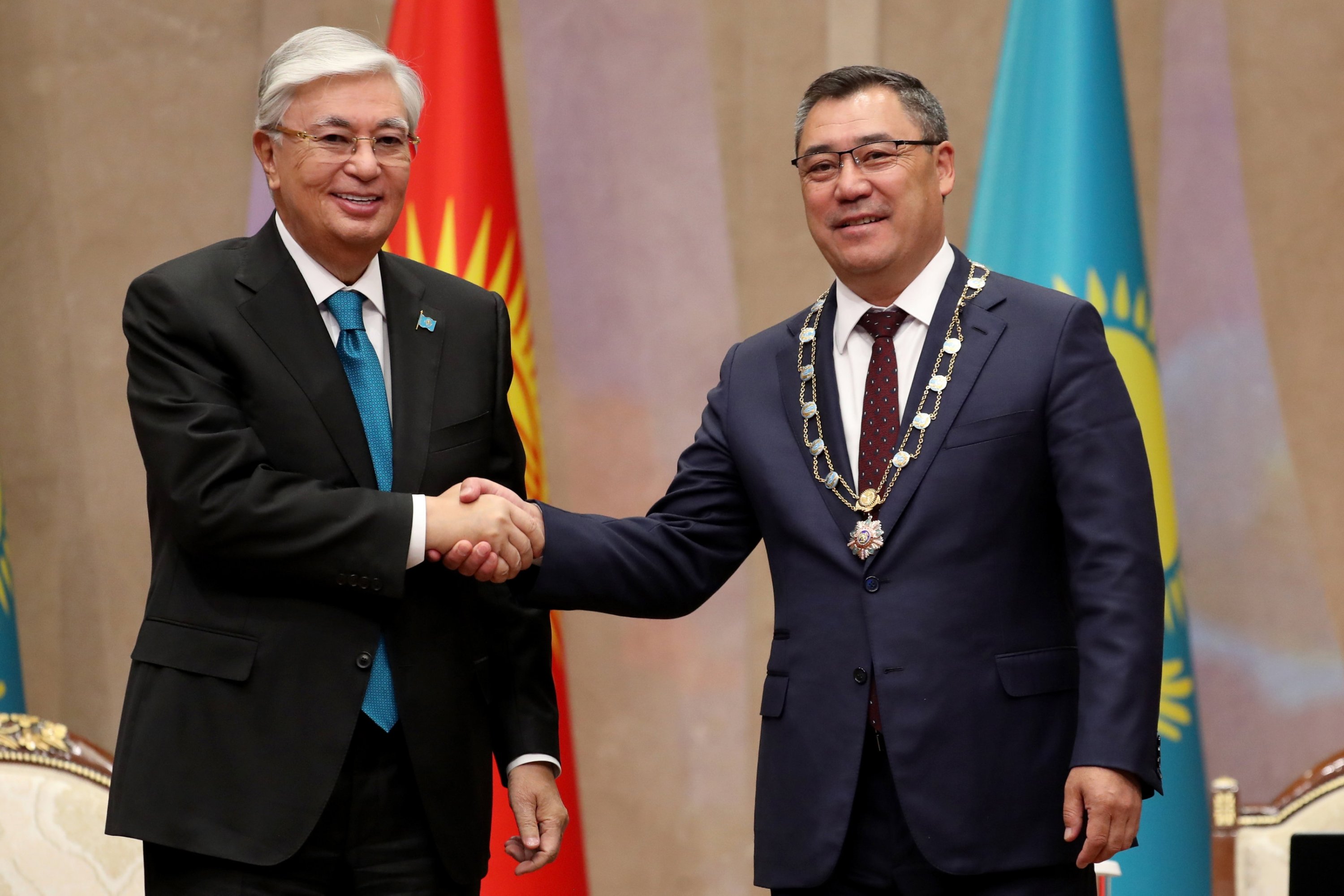Physical Address
Indirizzo: Via Mario Greco 60, Buttigliera Alta, 10090, Torino, Italy
Physical Address
Indirizzo: Via Mario Greco 60, Buttigliera Alta, 10090, Torino, Italy

One of the key concepts that will define international relations in 2025 will undoubtedly be the notion of “corridor wars.” While this phenomenon may not have as destructive an impact as today’s conventional wars, it plays a crucial role in shaping the future power projections of states. The heightened sensitivity of states regarding their transportation policies can be interpreted as preparation for the “corridor wars” of the future. Ankara approaches this issue with two principles that are central to its “Century of Türkiye” vision: expanding the institutional foundations of foreign relations and promoting economic development and regional prosperity.
This approach enables Türkiye to conduct its transportation diplomacy within a strong institutional framework. Indeed, the principle of “cooperation with countries on international transportation corridors connected to Türkiye,” articulated in the Turkish Transportation Policy Document, has become a closely monitored agenda item in international organizations where Ankara plays a leading role.
For instance, the importance of transportation was underscored at the 8th Summit of the Organization of Turkic States (OTS), held in Istanbul in 2021, with the following declaration: “We reaffirm our commitment to utilizing existing and potential regional transportation corridors for the common interests of Member States and integrating them into the Hazar Transit International East-West Central Transportation Corridor.” At the present stage, OTS member states stand on the threshold of critical developments that will help to realize this vision, particularly the provision cited above.
On Aug. 22, 2025, at a grand ceremony held in Turkmenistan’s Avaza National Tourism Zone, Azerbaijan, Uzbekistan and Turkmenistan signed a 12-article joint declaration that drew significant attention in international public opinion. Notably, Article III of the statement commits the parties to “continue to strengthen cooperation between their states within the framework of international organizations and other international and regional structures.”
While the repercussions of the “Zangezur Agreement,” signed in the United States, are still unfolding, this new initiative underscores the determination of the signatory states to shape the regional and international agenda proactively. The summit brought together Turkmenistan’s People’s Council Chairperson Gurbanguly Berdimuhamedov, Azerbaijani President Ilham Aliyev and Uzbekistan’s President Shavkat Mirziyoyev. Speaking at the ceremony, Berdimuhamedov emphasized: “This will contribute not only to our development but also to the development of the entire Eurasian region.”
To decipher the strategic codes of the Avaza summit, the events of that day must be viewed in a broader context. Almost simultaneously with the summit in Avaza, the groundbreaking ceremony was held for the Kars-Dilucu Railway Line, regarded as one of the most critical components of the Zangezur Corridor. Speaking at the ceremony, Turkish Transport and Infrastructure Minister Abdulkadir Uraloğlu declared, “The Zangezur Corridor will strengthen economic cooperation between Türkiye, Azerbaijan and Armenia and reinforce regional peace,” remarks that carried the weight of a direct response from Kars to Avaza.
President Recep Tayyip Erdoğan’s written message to the ceremony underscored the significance of the project and drew a deliberate connection between these two landmark developments: “The completion of the Kars-Iğdır-Aralık-Dilucu Railway Line, which will connect Azerbaijan with our southeastern and Mediterranean regions via the Zangezur Railway Line and link the Caspian and Mediterranean basins, will give a powerful impetus to regional cooperation and development.” Taken together, these two developments form part of a broader regional strategy. Yet, to complete the official puzzle of Aug. 22, it is essential to highlight a third development, another significant initiative advanced on the same day under the banner of the Turkic states.

Another noteworthy development that took place concurrently on Aug.22, 2025, was the summit in Bishkek, where Kazakhstan’s President Kassym-Jomart Tokayev was hosted by Kyrgyz Republic President Sadyr Japarov. Following their meeting, President Japarov underscored the growing rapprochement among the Turkic states, remarking: “I believe that today’s meeting will give new momentum to our brotherhood ties, strategic partnership and alliance.”
When viewed together with the trilateral declaration signed in Avaza and the groundbreaking of the Kars-Dilucu Railway Line, the Bishkek summit further underscores the special significance of Aug. 22, 2025, for the Turkic world. The simultaneous developments in three different geographical locations (Avaza, Kars and Bishkek) reflect not a series of coincidences but rather the manifestation of a shared vision and coordinated strategic thinking. This emerging picture suggests that the Turkic states are actively pursuing an integrated roadmap designed to enhance their collective capacity in transportation, energy, diplomacy and security.
Indeed, the rhetoric employed in Bishkek resonates with the emphasis on “strengthening cooperation” articulated in the Avaza declaration and with the references to regional development in the Kars railway project. Taken together, these initiatives mark Aug.22, 2025, not only as a milestone for individual diplomatic undertakings but also as a turning point in the broader integration process of the Turkic world.